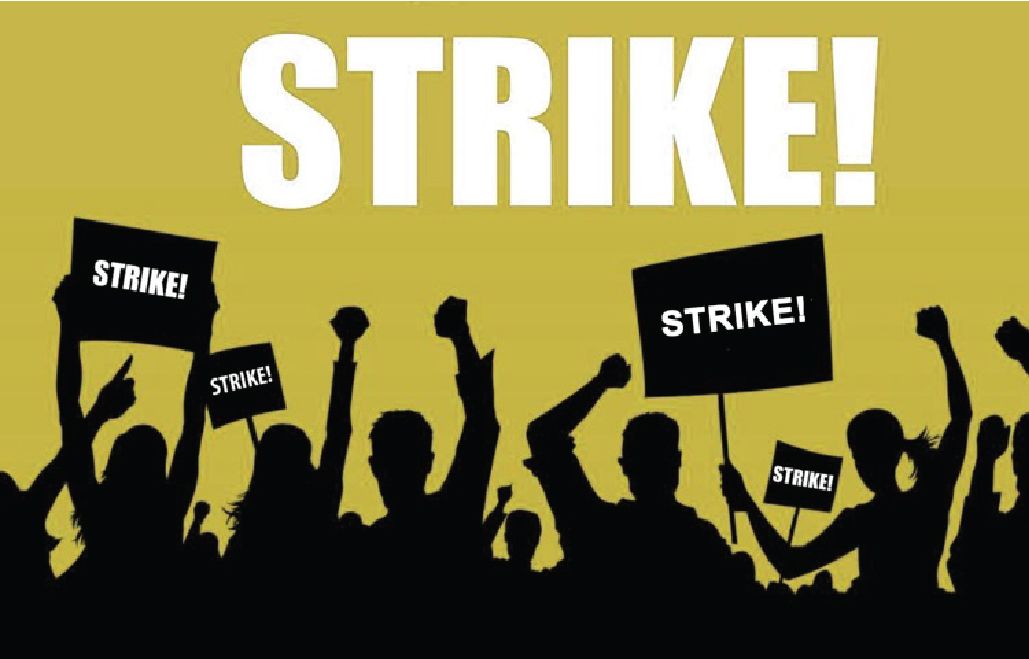The cost of frivolous and vexatious litigation
In the judgment of National Education Health and Allied Workers Union (“NEHAWU”) v Minister of Health and Others, Whitcher J was faced with an urgent application brought by NEHAWU on behalf of its members in which they inter alia alleged that the Minister of Health and all the provincial MECs failed to provide Personal Protective Equipment (“PPE”) to the hospitals and clinics in which their members are providing essential services during the coronavirus pandemic. NEHAWU further alleged that the Minister of Health failed to issue guidelines for the use of PPE, and failed to meaningfully engage with NEHAWU about these issues. NEHAWU accordingly sought an order:
- directing the respondents to meaningfully engage it on these matters, and, pending this, the Court was required to interdict and declare unlawful any disciplinary action which may be taken against the NEHAWU’s members in relation to a refusal to work in the absence of PPE; and
- directing the Minister of Labour to exercise his powers in terms of section 21 of the Occupational Health and Safety Act, 1993 to prohibit the performance of those duties that endanger the health and safety of employees.
WITHDRAWAL OF THE APPLICATION
Despite the fact that NEHAWU attempted to withdraw the application on the morning that it was due to be heard, the respondents argued that a determination, particularly of the factual allegations, was in the interests of justice.
In considering whether or not to hear the application, despite the withdrawal by NEHAWU, Whitcher J turned to the decision in Meat Exchange LTD v Mtwazi 1967 (3) SA 356 (LC) 1967 (3) SA 356 where the Court reasoned that injustice would be done if the plaintiff, on a whim, could withdraw the proceedings in circumstances where the reputation of the defendant has been attacked.
Agreeing with the counsel for the respondent’s, Whitcher J proceeded to hear the application and found that the nature of the allegations deserved evaluation and determination as it was within the interests of justice to do so, due to the fact that the allegations made by the union concerned both the parties to this dispute as well as the public at large.
THE APPLICATION
Turning to the merits of the application, the Labour Court found that NEHAWU’s allegation of PPE shortages in the hospitals and clinics set out in their application, held up poorly against the respondents’ denials. The inherent strength of the union’s claim was unsubstantiated and mostly founded upon hearsay. The Court applied the Plascon Evans rule to the totality of the evidence produced by the parties, finding that NEHAWU did not establish its central contention, being that of the shortage of PPE at public health facilities to warrant the relief it sought through its urgent application.
COSTS
Judge Whitcher concluded that the Court is not in the position to dictate how parties must conduct themselves or advance their interests. The Court can, however, adjust the standard of what constitutes frivolous and vexatious conduct in litigation. The Court warned that those who elect to pursue untenable legal points, abuse the court processes, and unnecessarily consume the resources of their opponents by making allegations they cannot substantiate are aware of the risk of a cost order being issued against them should they lose. On this basis and the finding that
“legal points aside, the applicant had a very poor factual basis to drag all the twelve respondents to court”, Judge Whitcher dismissed NEHAWU’s application and ordered them to pay the costs of the first respondent i.e. the Minister of Health.
COMMENT
New ParagraphThis judgment should come as a strong warning to those who seek to pursue frivolous and vexatious claims on facts that cannot be substantiated. Simply withdrawing such a claim will not be sufficient to escape the liability of an adverse cost order, particularly where proceedings have already commenced, and the nature of the allegations dictate the Court’s consideration. Although employment disputes, unlike other civil disputes, do not necessarily see costs following the result, it is clear that where parties’ claims are illegitimate and unfounded (failing to make out a case on law and facts), the Courts will not hesitate to impose an appropriate cost order where it is in interests of justice and equity to do so.
Reviewed by Sade Maitland, a Director at Wilken Incorporated.
Wilken's Ink


Can the unpleasant consequences of the exercise of managerial prerogative be regarded as harassment?

